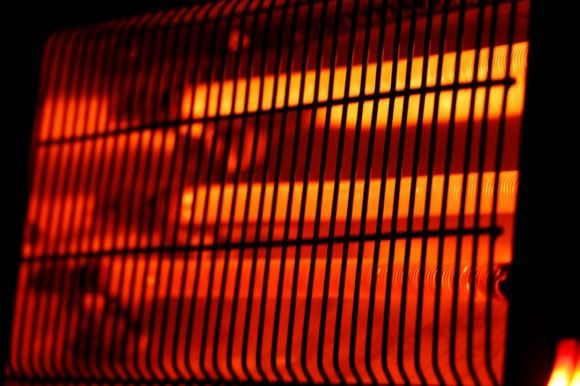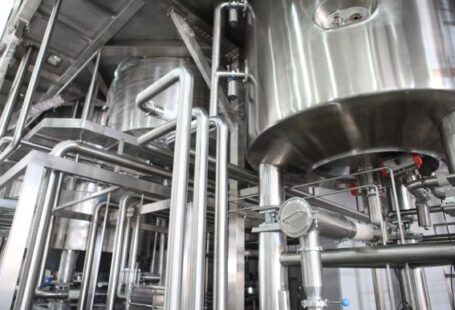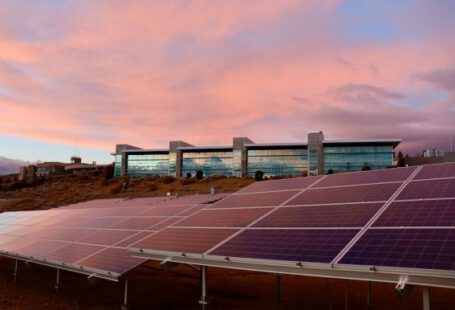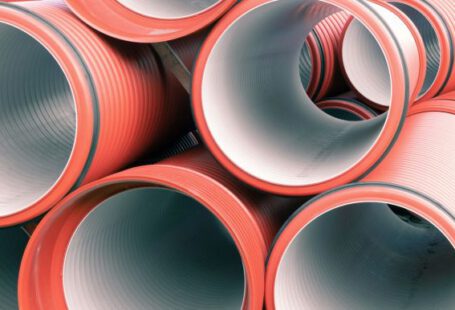Are you considering upgrading to a high-efficiency water heater? With increasing energy costs and a growing concern for the environment, many homeowners are looking for ways to reduce their energy consumption and carbon footprint. Upgrading to a high-efficiency water heater is one effective way to achieve both goals. In this article, we will discuss when it is the right time to upgrade to a high-efficiency water heater.
1. Age of Your Current Water Heater
The age of your current water heater is an important factor to consider when deciding whether to upgrade. Most traditional water heaters have a lifespan of about 10-15 years. If your water heater is approaching or has exceeded this age, it may be time to consider upgrading to a high-efficiency model. Older water heaters tend to be less efficient and may be costing you more in energy bills.
2. Rising Energy Costs
Have you noticed a significant increase in your energy bills lately? If so, it could be a sign that your current water heater is not operating efficiently. High-efficiency water heaters are designed to use less energy, resulting in lower energy bills. By upgrading to a high-efficiency model, you can save money in the long run and offset the cost of the upgrade.
3. Environmental Impact
Reducing our environmental impact is a growing concern for many individuals and households. Traditional water heaters consume a significant amount of energy, contributing to greenhouse gas emissions. High-efficiency water heaters, on the other hand, are designed to minimize energy consumption and reduce carbon emissions. By upgrading to a high-efficiency water heater, you can do your part in protecting the environment and creating a more sustainable future.
4. Increased Hot Water Demand
Has your household experienced an increase in hot water demand? This could be due to a growing family, additional appliances, or lifestyle changes. If your current water heater is struggling to meet the increased demand, it may be time to upgrade to a high-efficiency model. High-efficiency water heaters are designed to provide a continuous supply of hot water, ensuring that your needs are met even during peak demand periods.
5. Home Renovations
If you are planning to renovate your home, it is a good time to consider upgrading your water heater as well. Upgrading your water heater during a renovation can save you time and money. It eliminates the need to retrofit a new water heater into an existing space and allows for better integration with other energy-efficient systems, such as solar panels or smart home technology.
In conclusion, there are several factors to consider when deciding to upgrade to a high-efficiency water heater. The age of your current water heater, rising energy costs, environmental impact, increased hot water demand, and home renovations all play a role in determining the right time for an upgrade. By upgrading to a high-efficiency water heater, you can save money, reduce your carbon footprint, and ensure a continuous supply of hot water for your household. So, if any of these factors apply to you, it may be time to make the switch to a high-efficiency water heater.



